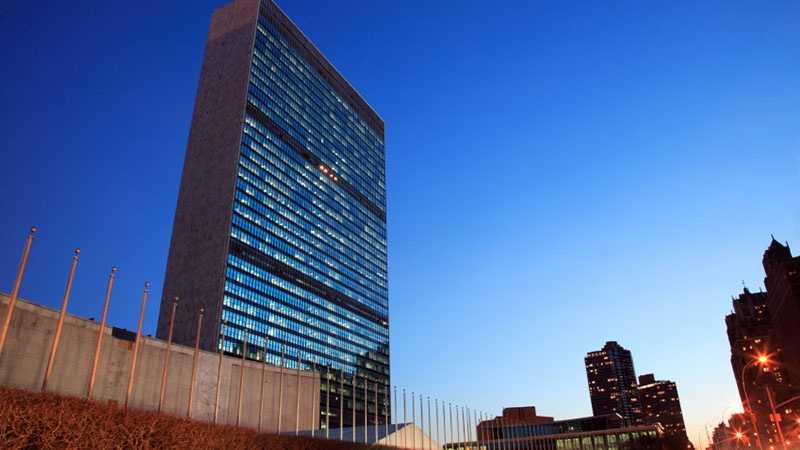According to the recent U.N.'s 2014 Human Development Report, Israel ranks 19th in the world in the Human Development Index (HDI) for 2014.
The report, conducted by the UN Development Report Office, measures each nation against a number of criteria, including income, health, education and gender equality to rank 187 nations according to the Human Development Index.
The HDI attempts to combine all elements of life into a single number. And while it has some basic measurements for health and education, such as longevity and years of schooling, each component is also broken down by sub-components.
The HDI composite index measuring average achievement in three basic dimensions of human development—a long and healthy life, knowledge and a decent standard of living. Israel is among 49 nations the report ranks as having "very high human development."
The report, titled "Sustaining Human Progress: Reducing Vulnerabilities and Building Resilience," states that the Human Development Index is a measure of achievements in key dimensions such as a long and healthy life, access to knowledge, and a decent standard of living. Israel, in 19th position, is preceded by Liechtenstein and followed by France.
Among Israel's near neighbors, Saudi Arabia was placed 34th, Lebanon 65th, Turkey, 69th, Iran 75th, Jordan 77th, Egypt 110th and Syria 118th. The report concludes that 2.2 billion people around the world are either near or living in poverty on various levels such as poor health, lack of education, inadequate living standards, lack of income, disempowerment, poor quality of work and threat from violence.
More than half of those people live on the equivalent of US$1.25 a day. The report warns that unless government tackle the vulnerabilities of their populations, progress will be “neither equitable nor sustainable.”



